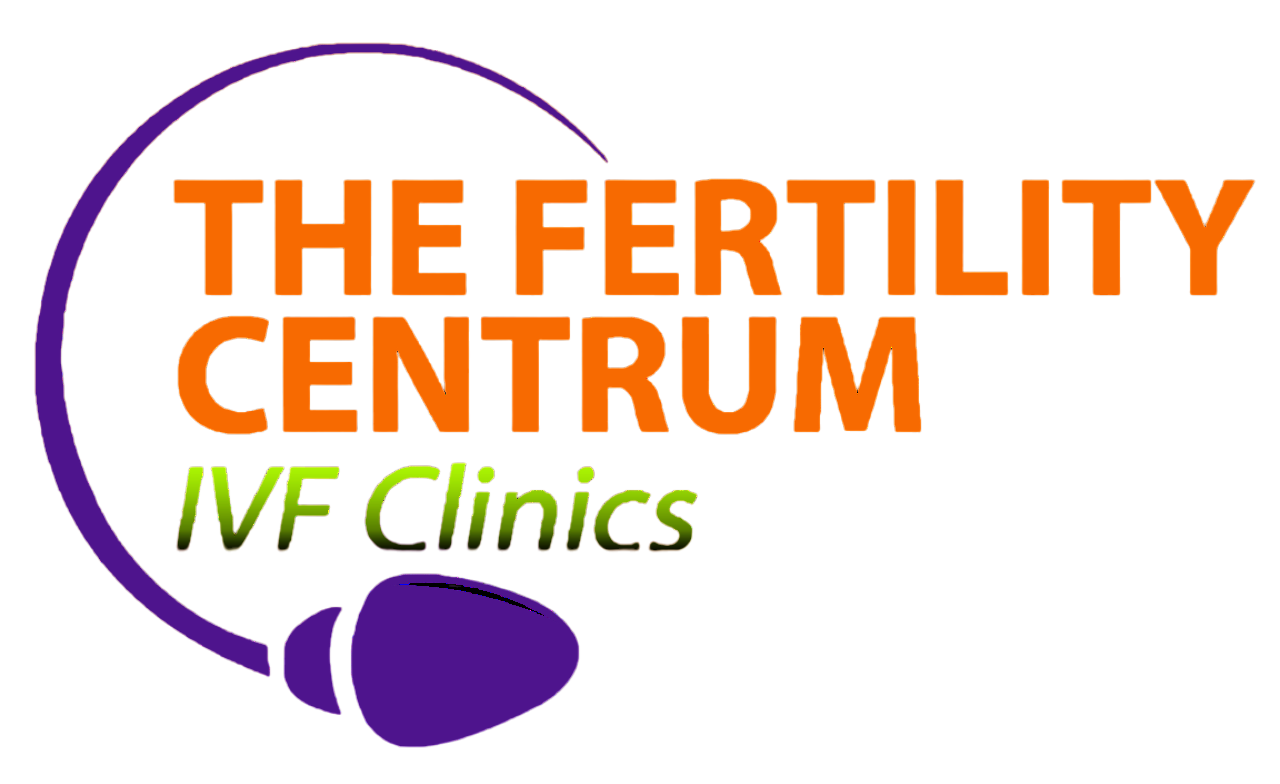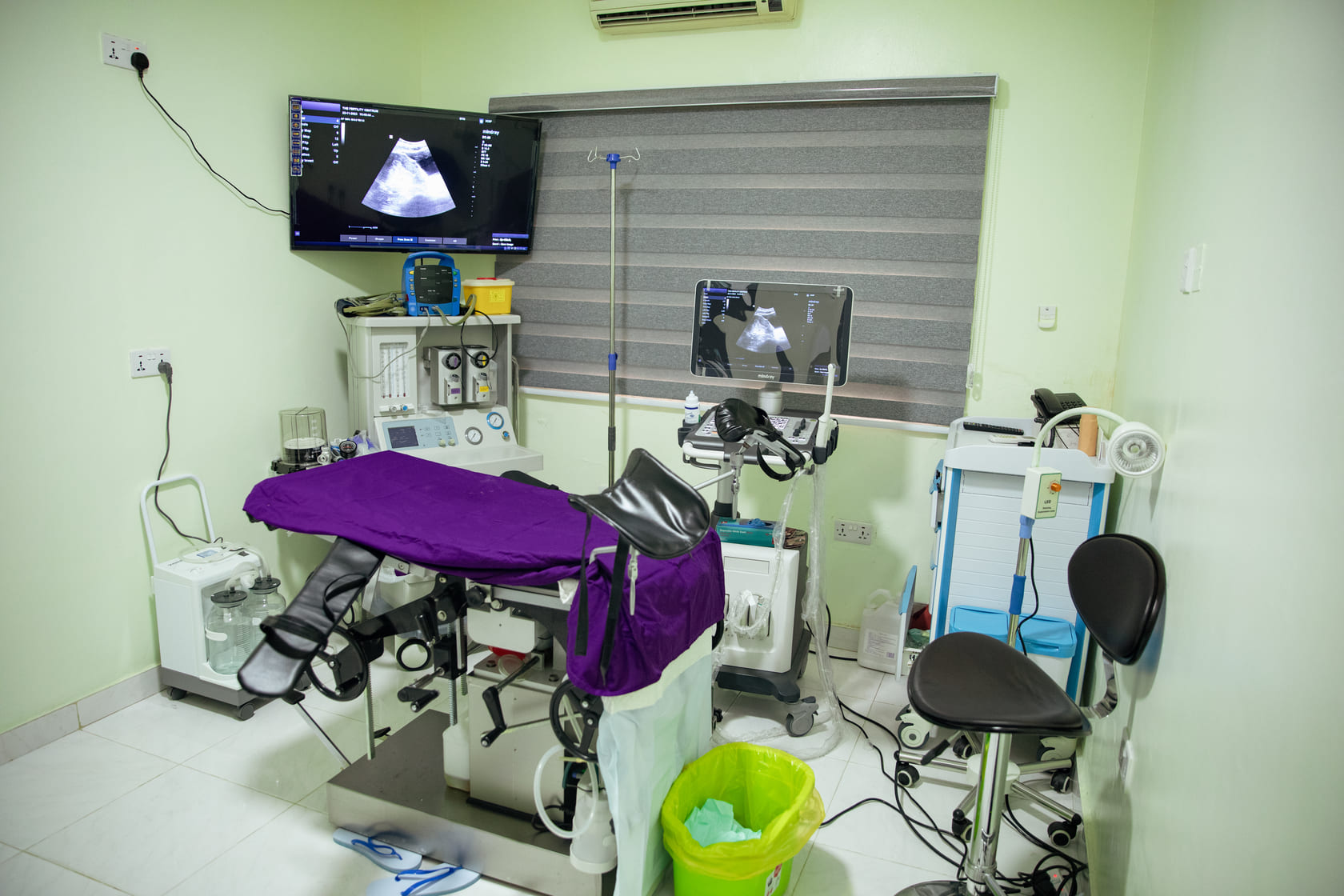
PreImplantation Genetic Testing
Preimplantation Genetic Testing (PGT): Empowering Precision in Assisted Reproductive Technologies
Preimplantation Genetic Testing (PGT) is a remarkable advancement in assisted reproductive technologies that offers invaluable insights into the genetic health of embryos before they are transferred during in vitro fertilization (IVF) procedures. PGT encompasses different techniques that enable the identification of genetic abnormalities, chromosomal disorders, and specific genetic traits. With PGT, intended parents can make informed decisions to increase the chances of a healthy pregnancy and give birth to a genetically healthy child. Let's explore the various types of PGT, their benefits, risks, and who may benefit from these techniques.
PGT-A (Aneuploidy Screening):
PGT-A (Aneuploidy Screening) PGT-A, formerly known as PGS (Preimplantation Genetic Screening), focuses on the screening of embryos for numerical chromosomal abnormalities, known as aneuploidies. These abnormalities, such as extra or missing chromosomes, are often associated with failed implantation, miscarriages, or certain genetic disorders.
Benefits
Risks
PGT-M (Monogenic Disorders)
PGT-M (Monogenic Disorders) PGT-M, formerly known as PGD (Preimplantation Genetic Diagnosis), is used to screen embryos for specific monogenic disorders or single-gene disorders. These disorders are caused by mutations in a single gene and can be inherited from one or both parents.
Benefits
Risks
Who May Benefits
PGT-SR (Structural Rearrangements)
PGT-SR (Structural Rearrangements) PGT-SR is performed for individuals or couples with structural rearrangements in their chromosomes, such as translocations or inversions. These rearrangements can disrupt the normal chromosomal structure and may result in infertility, recurrent miscarriages, or the birth of children with chromosomal imbalances.
Benefits
Risks
PGT techniques
It is important to note that PGT techniques are not without risks and limitations. The success of PGT relies on several factors, including the quality of embryos, the accuracy of testing methods, and the expertise of the laboratory performing the analysis. Consulting with a fertility specialist and a genetic counselor is crucial to understand the specific risks, benefits, and suitability of PGT based on individual circumstances.
Empower your journey towards a healthy pregnancy and childbirth with the precision of PGT. Contact our knowledgeable team of fertility specialists to explore the possibilities of PGT and determine the most appropriate approach for your unique situation. Together, we can navigate the path to a healthy and joyful family.





